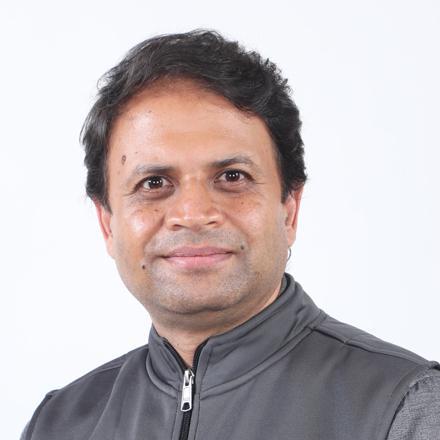“The purpose of education is to make good human beings with skill and expertise…”
– Dr. A.P.J Abdul Kalam
India’s education system has long been criticized for its emphasis on memorization, outdated curriculum, and limited opportunities for research and innovation.
In that backdrop, the National Education Policy 2022 is a welcome move that seeks to address the long-standing gaps in the education system and provide holistic and multidisciplinary education to students, right from the elementary grades to higher education.
According to the Honourable Education Minister Mr. Dharmendra Pradhan, “NEP has envisioned the increase in employability of India`s youth by training students in schools and giving importance to Indian languages. The benefits of this scheme will be seen in a few years and then it will become successful.”
Let us take a look at the impact that NEP is expected to have on our country’s education landscape.




